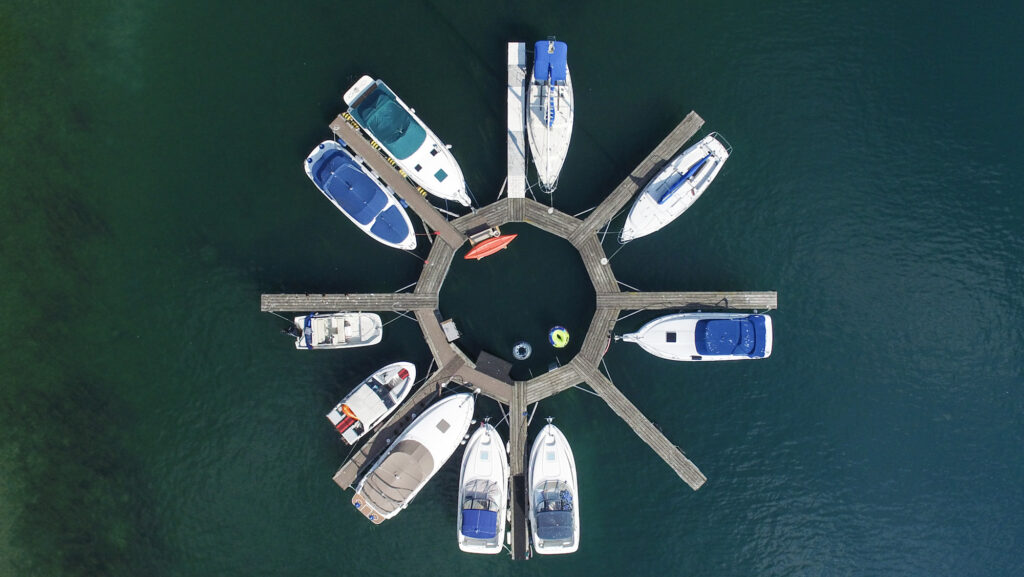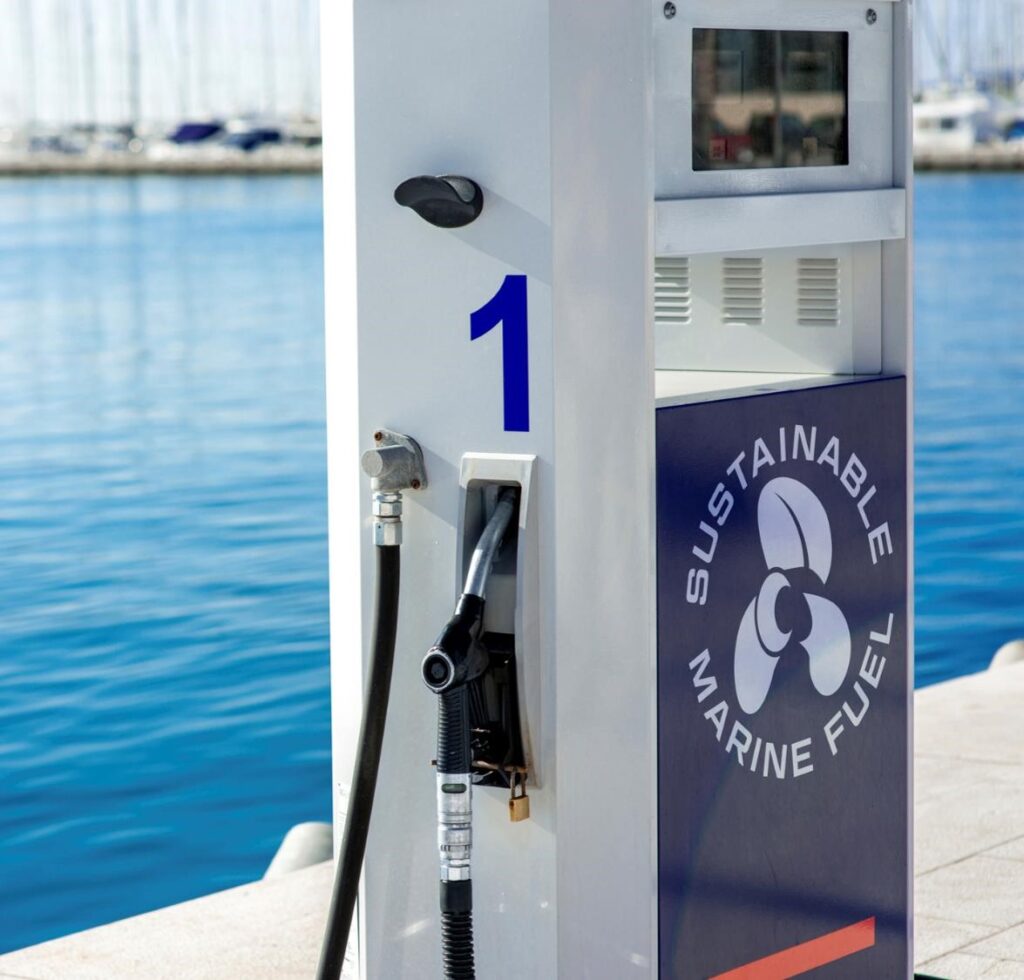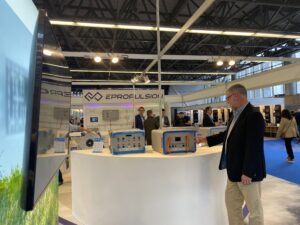ICOMIA publishes landmark decarbonisation report

The much-anticipated Pathways to Propulsion Decarbonisation for the Recreational Marine Industry report has been launched at METSTRADE.
The International Council of Marine Industry Associations (ICOMIA), a global organisation representing the recreational marine industry with more than 100 members around the world, announced the new research outlining a portfolio of technologies best positioned to continue to propel the industry toward decarbonisation.
The research, which specifically looks at marine propulsion in boats under 24m in length, reveals that due to the unique on-water environment for recreational boating, and the varied interests of boaters and the experiences they seek, a variety of solutions must be considered to continue reducing carbon emissions from recreational boats.

The research report provides guidance to global governments and boating industry stakeholders as they work together to shape investments in technology and policy. The announcement comes as the global recreational marine industry, including manufacturers, suppliers and distributors, gathers in Amsterdam, Netherlands at METSTRADE, to share new technologies and emerging science amid discussions on the future of recreational boating around the world.
The Pathways to Decarbonisation for the Recreational Marine Industry report, commissioned by ICOMIA with leading global engineering consulting firm, Ricardo plc, investigated propulsion technologies across nine common recreational watercraft to compare the impact of lifetime GHG emissions, financial costs, usability, performance, range and infrastructure implications. The propulsion technologies investigated included:
- Battery electric (electric-powered boats and watercraft)
- Hybrid electric (internal combustion engines using liquid fuel and electric)
- Hydrogen (internal combustion engines or fuel cell)
- Internal combustion engines with sustainable marine fuels (sustainably produced liquid substitute for conventional fossil fuel)
- Internal combustion engines with gasoline or diesel
Due to the diversity of the types of boats in use and the varied experiences sought by boating consumers from fishing to watersports to cruising, the research shows there is no universal, ‘one-size-fits-all’ approach to decarbonise recreational boats. As a result, in addition to current internal combustion and fossil fuel-powered boats, the industry must consider a portfolio of technologies, including:
Sustainable liquid marine fuels, such as renewable drop-in fuels, are expected to be the most suitable source of energy to decarbonise recreational boats by 2035 – by as much as 90 per cent – without compromising the distance a boat can travel or its performance. Of the approximately 30 million recreational boats in use worldwide, with an average total lifecycle of 40 to 50 years and global annual sales making up approximately two per cent of the size of the current market, there is great potential for increased decarbonisation of recreational boats with immediate, widespread adoption of sustainable marine fuels.
Hydrogen is an emerging technology and another potential source for reducing carbon emissions from boats, as long as its production process is optimised. Hydrogen, if produced via electrolysis with zero fossil fuel electricity, can reduce carbon emissions for certain craft categories.
According to the report, electric propulsion is part of the strategy to decarbonise, however, it is not universally suitable for all types of recreational craft and use cases. Electric-only propulsion may have a higher GHG contribution from raw materials and manufacturing than conventional propulsion systems. Watercraft types with lower utilisation are unlikely to find that battery electric systems yield a reduction in GHG compared to the baseline internal combustion engine. It is important to note that this study considers both battery lifetime in years and recharging cycles as battery performance is expected to degrade over time regardless of utilisation. This could impact watercrafts that have a long lifespan but are not frequently utilised as it may require several battery replacements throughout its lifetime.
The report notes that hybrid boats that use both electric and internal combustion engines powered by liquid fuels offer the potential for reducing carbon emissions from boats in certain scenarios—namely boats used for longer periods of time and for greater distances. As a result, hybrid technology provides the most potential for emissions reductions for boats that are used for rentals and other high-use environments.
This new research paves the way for the recreational boating industry to begin educating global governments and boating industry stakeholders on the technologies and policies needed to further reduce carbon emissions.
Key next steps the industry is seeking include:
- The adoption of a technology neutral decarbonisation approach for marine environments.
- An acceleration of the development and distribution of sustainable marine fuels and consumer education campaigns that support the adoption of these new fuels.
- Consumer safety and government entities partnering with the recreational marine industry to establish marine electric technology standards and consumer safety protocols.
- An expansion of R&D tax credits and investments to improve electric battery density and hydrogen research that can be applied to the marine environment.
- Continued research to evaluate existing and emerging technologies and how to best apply them to the unique marine environment.
To support the report findings, ICOMIA, on behalf of the global recreational marine industry, has launched Propelling Our Future, an international campaign to educate and advance the industry on research-driven technology solutions. To learn more and to download a summary of the full report, visit propellingourfuture.com










